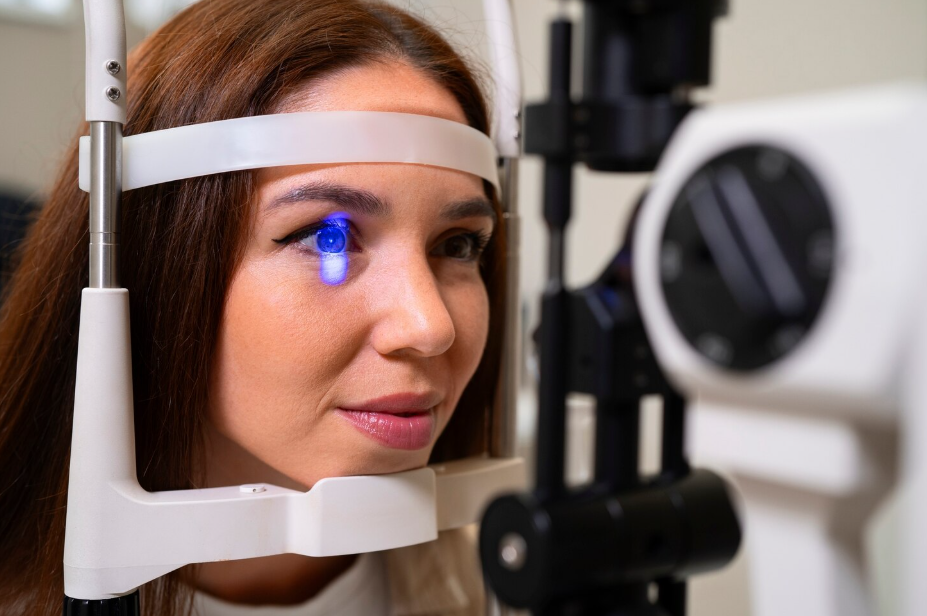Businesses are looking beyond traditional approaches to ensure workers are protected and supported. Modern testing methods play a key role in detecting potential risks early, improving overall workplace well-being. These approaches not only safeguard employees but also boost productivity and morale.
Employer Drug Testing For Workplace Safety
Employer drug testing is a process used to screen workers for substances that could impair their performance or compromise safety. This testing has evolved from simple urine tests to include hair, saliva, and blood analyses, offering more accurate results. Regular drug testing helps companies identify issues before they escalate, creating a safer work environment. In addition, clear drug testing policies promote trust and accountability, making employees feel cared for and supported. Integrating employer drug testing into routine safety protocols ensures that health and performance standards are maintained.
Wound Pathogen Testing For Health Protection
Wound pathogen testing identifies harmful bacteria or fungi in open wounds, preventing infections that could affect an employee’s recovery and productivity. Modern laboratories can quickly detect a wide range of pathogens, allowing for timely interventions. Employers in industries with higher injury risks, like construction or healthcare, benefit greatly from these tests. By implementing wound pathogen testing, organizations demonstrate a commitment to employee health and safety. Early detection minimizes downtime and reduces the chance of serious complications, making the workplace safer for everyone.
Digital Health Monitoring Systems
Digital health monitoring systems allow employers to track key health metrics for employees in real-time. These systems often include wearable devices that monitor heart rate, activity levels, and stress indicators. When combined with testing data from employer drug testing or wound pathogen testing, companies gain a comprehensive view of employee wellness. Alerts from these systems can prompt early interventions, preventing minor issues from turning into serious health problems. Digital monitoring creates a proactive culture of care, rather than a reactive one.
Rapid Diagnostic Tools For Workplace Care
Rapid diagnostic tools have transformed the speed and accuracy of health testing in the workplace. Portable devices can now provide immediate results for drug use, infections, or other conditions. Quick feedback helps managers address issues without delay, ensuring employees receive the support they need promptly. These tools reduce the stress and uncertainty associated with waiting for lab results. Integrating rapid diagnostic tools alongside employer drug testing and wound pathogen testing offers a holistic approach to employee care.
Customized Screening Programs
Tailoring testing programs to specific workplace risks ensures maximum protection for employees. Companies can design screening schedules that consider job type, exposure risks, and health history. Customized programs often combine traditional lab testing with modern rapid diagnostics and digital monitoring. This approach allows businesses to focus resources where they are needed most, creating a safer and healthier work environment. Customization also signals to employees that their unique needs and well-being are valued.
Training Staff On Health Awareness
Employee care extends beyond testing—it includes education and awareness. Training staff to recognize early signs of substance misuse, infection, or injury enhances the effectiveness of testing programs. When employees understand the purpose and benefits of employer drug testing or wound pathogen testing, compliance improves. Knowledgeable staff are better prepared to seek help and support colleagues, fostering a culture of care and collaboration.
Conclusion
Modern testing methods have redefined employee care, making workplaces safer and healthier. Combining employer drug testing, wound pathogen testing, digital monitoring, rapid diagnostics, and customized programs creates a proactive approach to health management. Employees feel valued, supported, and protected, which benefits both the individual and the organization.





